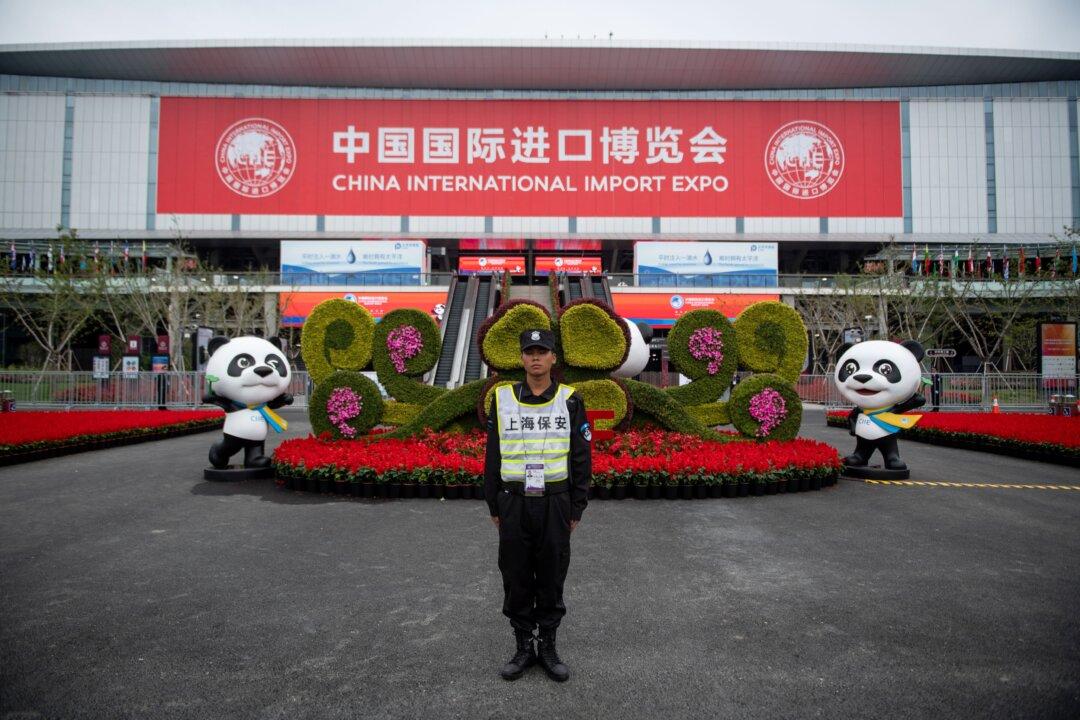Commentary
Does China actually want a new trade deal with the United States or the European Union? Given the current situation in the country, the realization of any trade deal that is actually signed is less than certain.

Does China actually want a new trade deal with the United States or the European Union? Given the current situation in the country, the realization of any trade deal that is actually signed is less than certain.